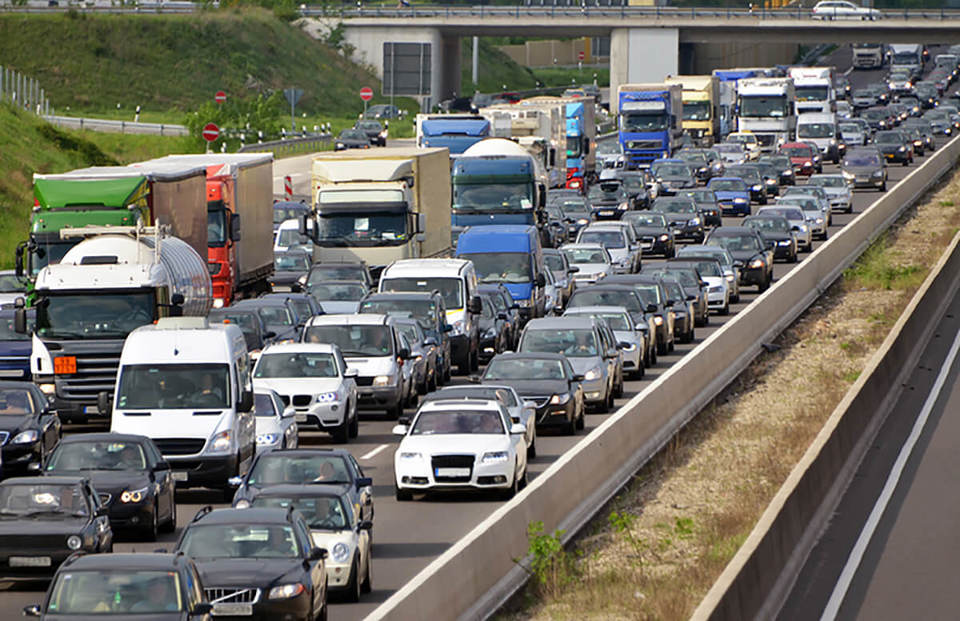The Logistics Carbon Review 2013 incorporating the third annual results of the Logistics Carbon Reduction Scheme (LCRS) reveals that industry is on track to reducing carbon emissions.
The LCRS - which is managed by the Freight Transport Association (FTA), demonstrates the efforts of industry to reduce carbon and contribute to national greenhouse gas reduction targets. The latest report shows that scheme members are collectively making progress in reducing carbon dioxide equivalent (CO2e) emissions between 2005 and 2011.
Following the latest collection of data, the report shows that the average tonnes of CO2e per LCRS member has reduced by 2.8% between 2010 and 2011. Projecting the reduction in emissions from 2010 to 2011 also reveals that the scheme is on track to meet its 8% carbon reduction target in 2013, two years earlier than anticipated.
FTA climate change policy manager Rachael Dillon said: "The results in the Logistics Carbon Review are proving that industry can contribute voluntarily to national climate change reduction targets. Government has just concluded that it will continue to support a voluntary approach to reducing freight emissions and the LCRS has a robust yet simple methodology providing an easy way to do this."
The results of FTA's second annual Carbon Intervention Survey are also presented in the report. Headline results show that operators are focused on achieving fuel efficiency through operational measures. For instance, to minimise empty running, companies are maximising their use of existing vehicle capacity with investment in longer and higher cube trailers. Telematics is also being used to optimise vehicle utilisation.
Case studies on carbon reduction from some LCRS members - Arla Foods UK, Howard Tenens, John Lewis Partnership, Tesco, Wincanton and UPS are also featured in the report.
The report, which was presented at the LCRS Cutting Carbon, Cutting Costs conference last week, also references the intention to develop a LCRS roadmap to assist operators in deciding the best carbon abatement measures for their fleets.
Dillon adds: "It is important that the LCRS continues to develop to and take forward the reduction element of the scheme. The roadmap will focus on providing an important steering point to where the greatest carbon savings can be made within logistics operations which will inform investment decisions."
LCRS is on track to reducing carbon emissions
- By Fleet News
- |
- 29 May 2013
- News
















Login to comment
Comments
No comments have been made yet.